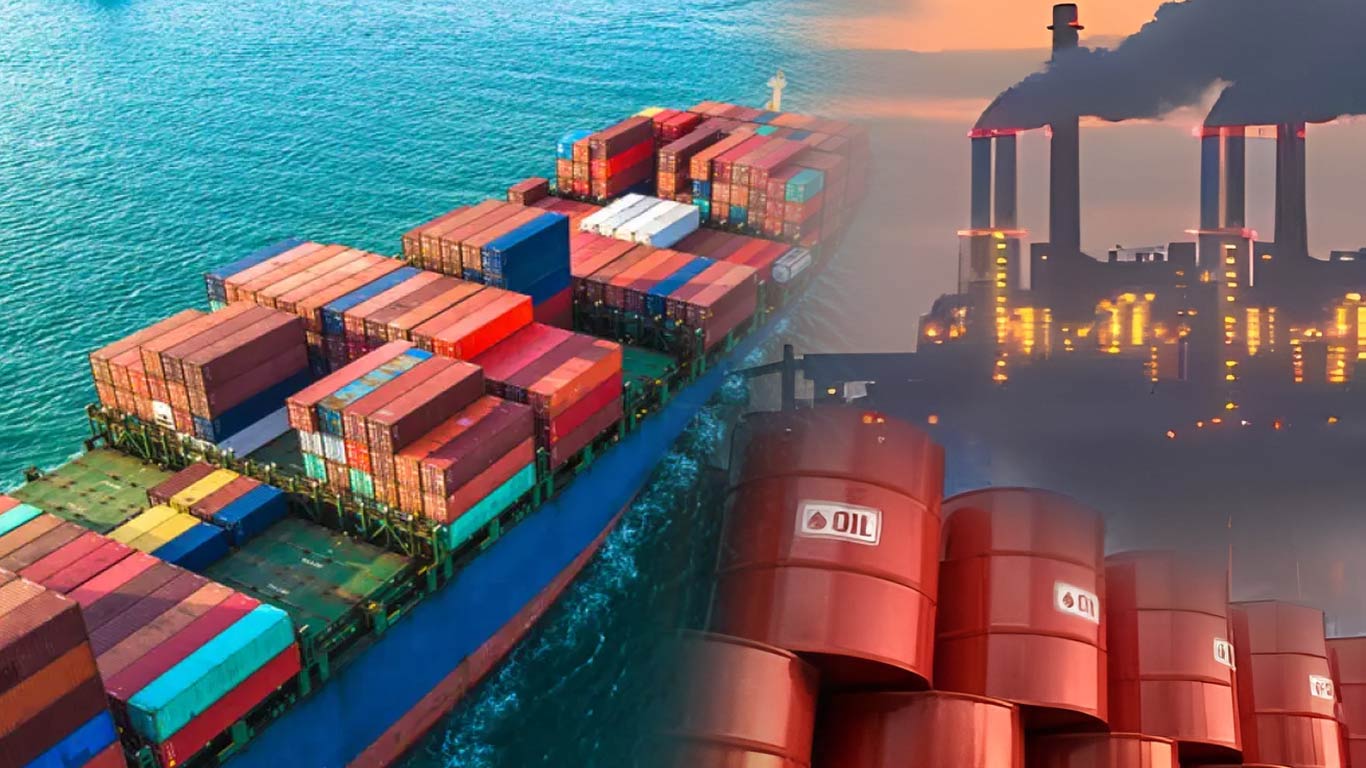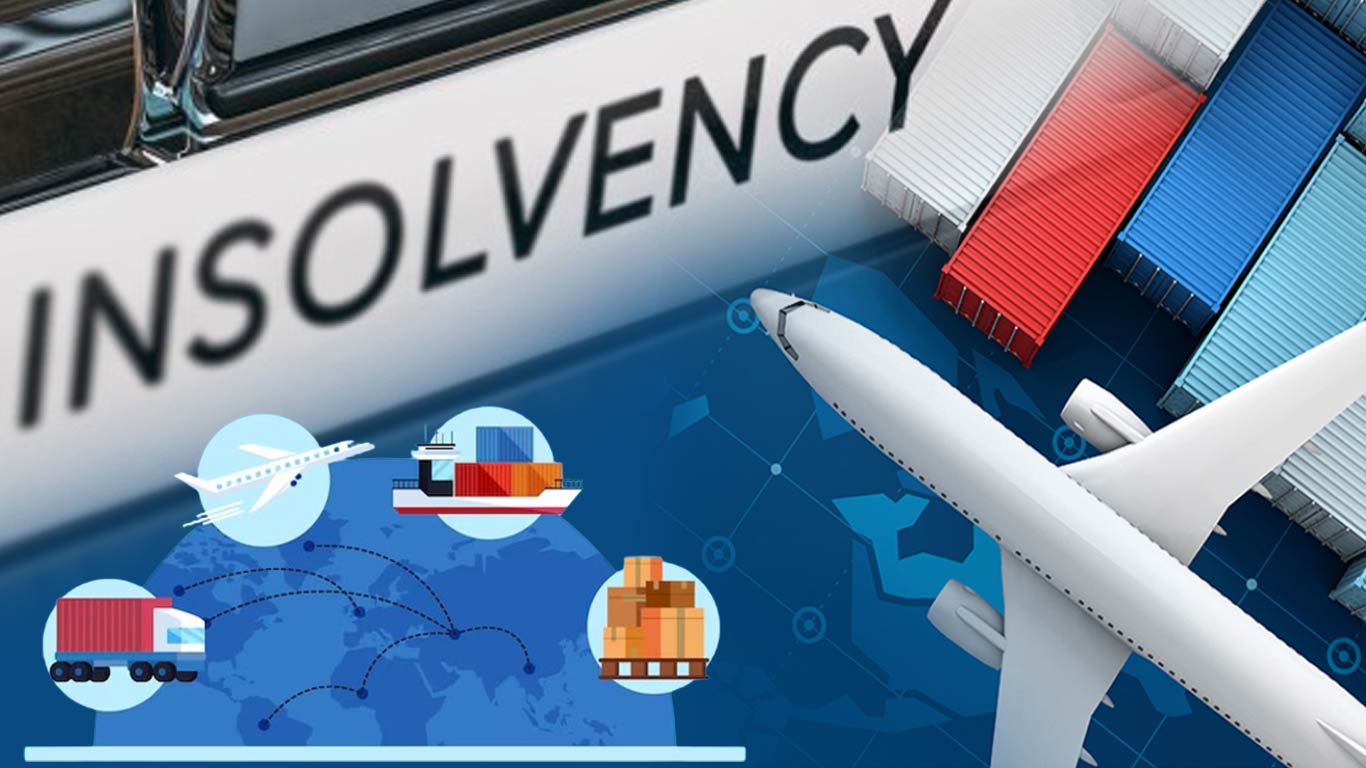Spectre Of Iran Blocking Strait of Hormuz Could Push Oil Beyond USD 100: Indian Official
Updated: Apr 22, 2024 04:42:14pm

Spectre Of Iran Blocking Strait of Hormuz Could Push Oil Beyond USD 100: Indian Official
New Delhi, Apr 22 (KNN) The simmering conflict between Iran and Israel is sending shockwaves through Indian industries, signifying longer delivery times, soaring freight rates, extended working capital cycles, and higher operating costs – even before a full-blown crisis.
The Ministry of Petroleum and Natural Gas acknowledges the precarious situation, with officials emphasising the potential challenges posed by oil prices surpassing USD 100 per barrel, reported BS.
As the world watches anxiously for any escalation, Indian executives are already grappling with the early tremors while bracing for potential ripple effects.
At the core of concerns for both the Indian government and industry observers lies the vulnerability of oil supplies and subsequent fuel costs. Analysts warn that if Iran blocks the Strait of Hormuz, a crucial artery for oil transportation, India's imports of crude oil from Saudi Arabia, Iraq, and the United Arab Emirates could be severely disrupted, leading to a surge in inflation.
The conflict's escalation in recent days, marked by drone and rocket attacks from Iran and retaliatory strikes from Israel, has already pushed crude oil prices to around USD 90 per barrel.
While efforts to de-escalate the crisis may offer some relief, experts predict that a complete or partial blockade of the Strait of Hormuz could send oil and liquefied natural gas (LNG) prices soaring.
Although direct disruptions to oil flows are not anticipated, the Indian government remains vigilant about the broader impact on global prices and subsequent economic repercussions. Despite closing at USD 87.39 per barrel on April 19, Brent crude's volatility underscores the fragility of the situation.
Sehul Bhatt, director of research at CRISIL Market Intelligence & Analytics, warns of an upward revision to crude oil price estimates for 2024 due to ongoing tensions along key shipping routes. The Strait of Hormuz, responsible for a significant portion of global crude demand, faces heightened risks, potentially disrupting supplies and driving prices higher.
In addition to the looming threat of increased fuel costs, Indian businesses are grappling with a host of challenges, including inflated freight expenses, delays in delivery schedules, raw material shortages, and mounting uncertainty.
Arun Kumar Garodia, chairman of the Engineering Export Promotion Council (EEPC) of India, notes that the redirection of goods around the Cape of Good Hope has added significant transit time, impacting export operations.
The crisis has put various sectors under strain, including capital goods, engineering, tea, textiles, pharmaceuticals, and automotive industries, all of which rely heavily on export markets. With West Asia emerging as a vital contributor to Indian companies' order books, stakeholders are closely monitoring developments, bracing for potential disruptions in the days ahead.
(KNN Bureau)











